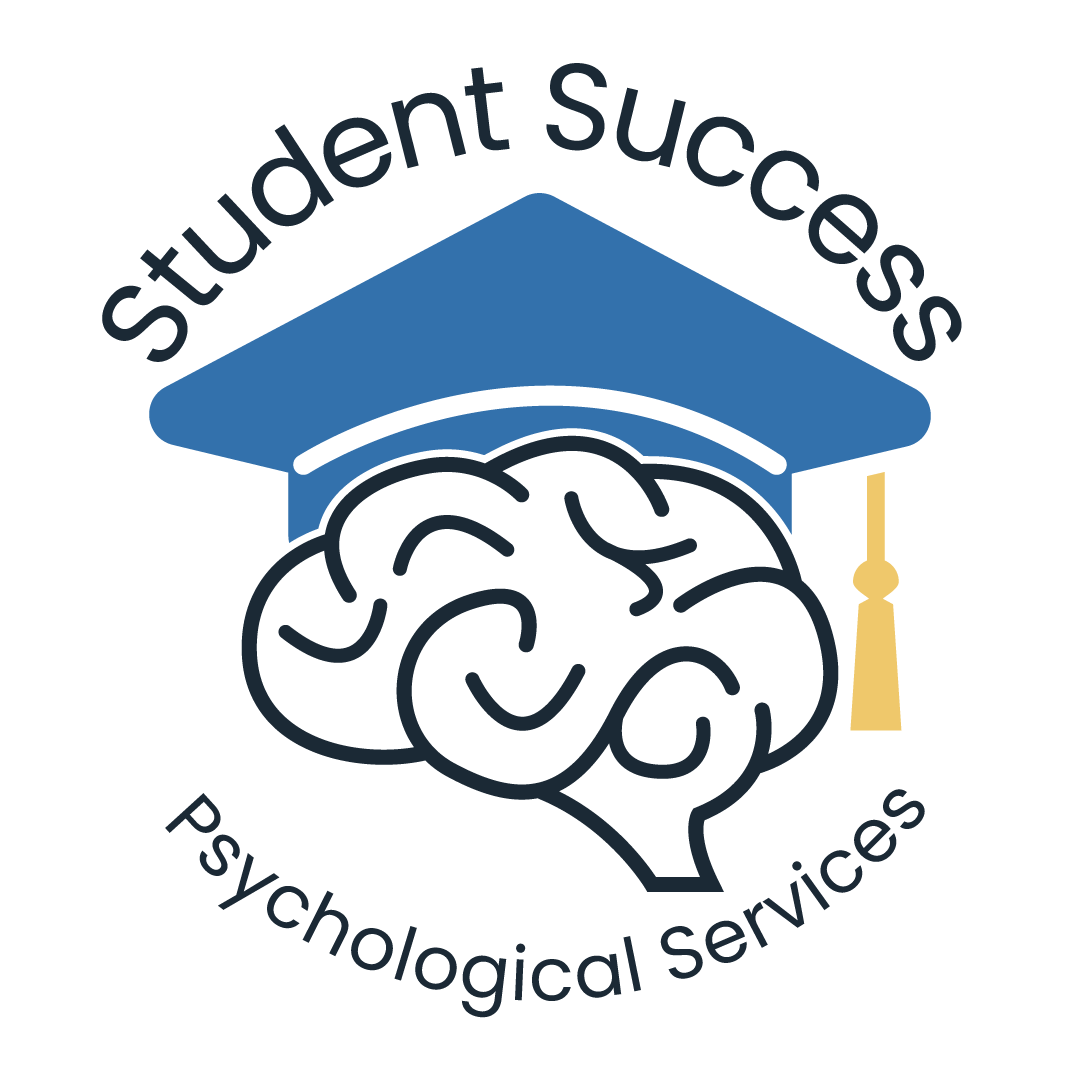Why Get An Evaluation?
What is a psychoeducational evaluation?
A psychoeducational evaluation is a thorough assessment that helps parents and educators understand how a child learns, thinks, behaves, interacts, and feels. Areas assessed may include academic skills, attention, memory, problem-solving, social-emotional skills, and behavior to get a full picture of your child’s strengths and challenges. The evaluation uses standardized tests, meaning your child’s results are compared to what’s typical for kids their age.
Evaluations can help identify learning differences (like dyslexia or dyscalculia), ADHD, emotional or behavioral challenges, other neurodevelopmental concerns (like autism or intellectual disability), or giftedness. It’s not just about getting a diagnosis—it’s about understanding what your child needs to do their best in school. The results help guide decisions about special education services, classroom support, and strategies that are tailored to your child’s needs. A psychoeducational evaluation can be the first step toward developing a plan to help your child feel more confident, supported, and successful in their learning journey.
What can you expect from an evaluation?
A psychologist gathers information from different sources (e.g., parent, teacher) using different methods (e.g., interview, rating scales) to gain a better understanding of a student’s functioning across different settings (i.e., home and school). Depending on the reasons for testing, student needs, and overall goals, any of the following methods may be used:
Records review
Parent, teacher, and/or student interview
Behavior observations
Cognitive (IQ) testing
Academic achievement testing
Social, emotional, adaptive, developmental, and/or behavioral rating scales
Why should you consider an evaluation?
You want to:
Understand how your child learns: Evaluations give insight into your child’s thinking, memory, attention, behavior, emotion, and problem-solving skills, helping you and their teachers understand how they learn and perform best.
Identify learning challenges early: It can uncover learning disabilities, attention difficulties, or other issues that might be affecting your child’s academic performance.
Recognize your child’s strengths: These evaluations don’t just focus on problems—they also highlight what your child does well, including areas of giftedness or special talents.
Address emotional or behavioral concerns: The assessment can identify social or emotional challenges that may be impacting your child’s success or well-being at school.
Get access to support and services: The results can be used to determine eligibility for special education services (i.e., Individualized Education Plan or IEP) or school accommodations (i.e., 504 Plan).
Create a personalized learning plan: The results help schools develop targeted interventions and strategies tailored to your child’s unique needs, making learning more effective and less stressful.
Make informed decisions: Whether you’re considering a change in school placement, wondering if your child needs extra support, or trying to understand their behavior, a psychoeducational evaluation gives you the data to advocate for them confidently.
Foster long-term success: Early identification and support can make a big difference in your child’s confidence, academic growth, and emotional well-being—setting them up for success now and in the future.
How do you know if your child is in need of an evaluation?
Evaluations should be considered when you have questions about your child’s strengths and needs and how best to support them. Evaluations allow us to develop personalized plans that include the specific supports you child needs.
Sources:
Bulut, O. (2024). Psycho-educational assessments: Theory and practice. Journal of Intelligence, 12(3), 31.
https://www.disabilityrightsca.org/publications/understanding-psycho-educational-evaluations

